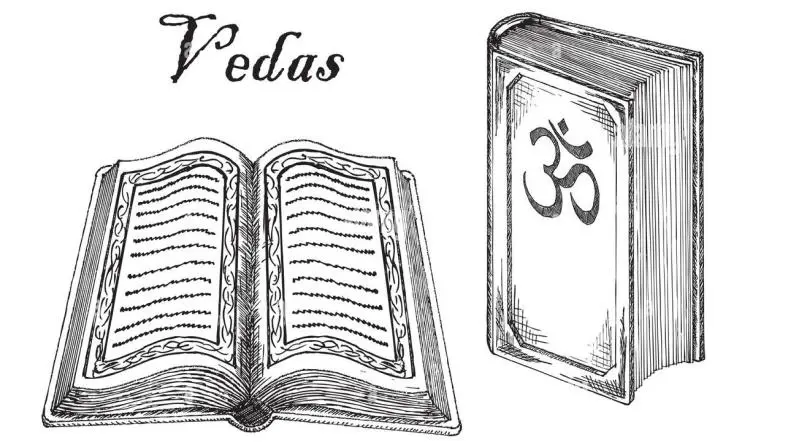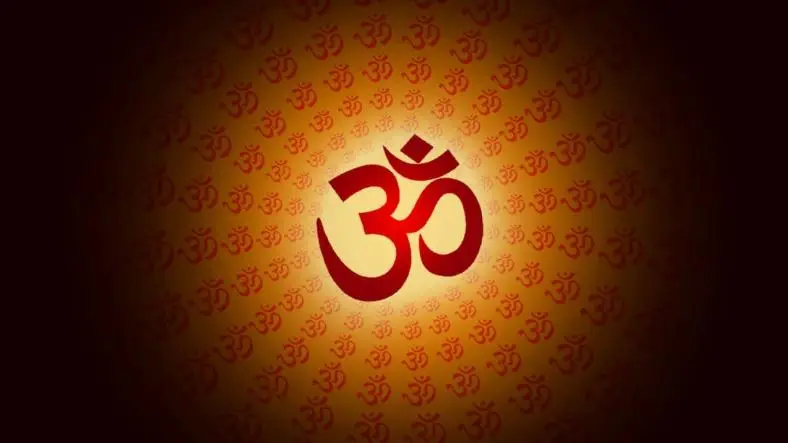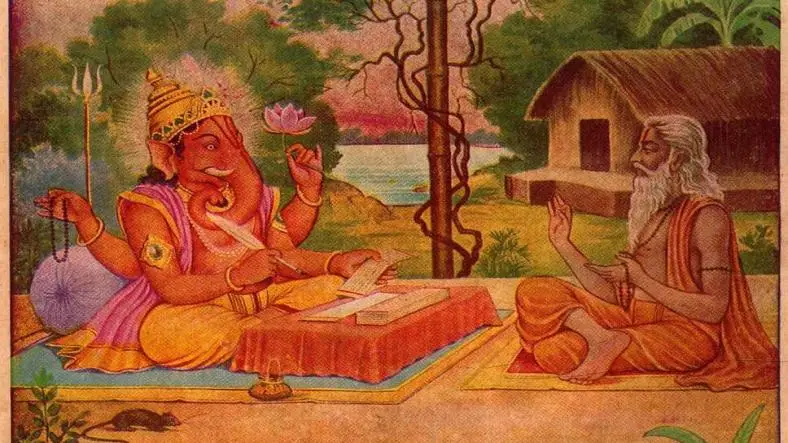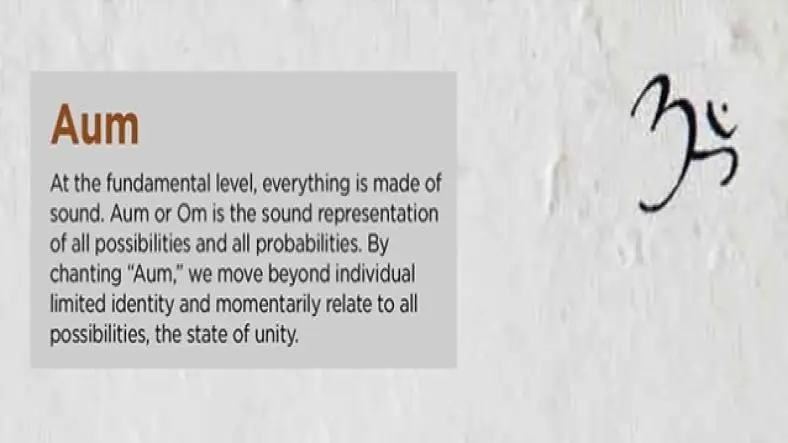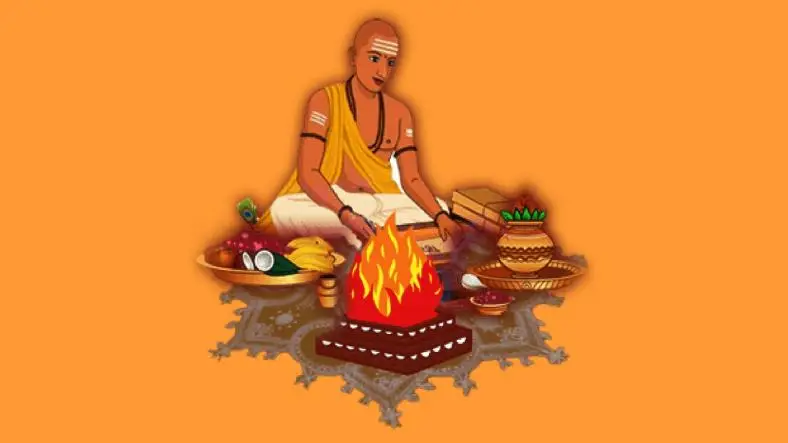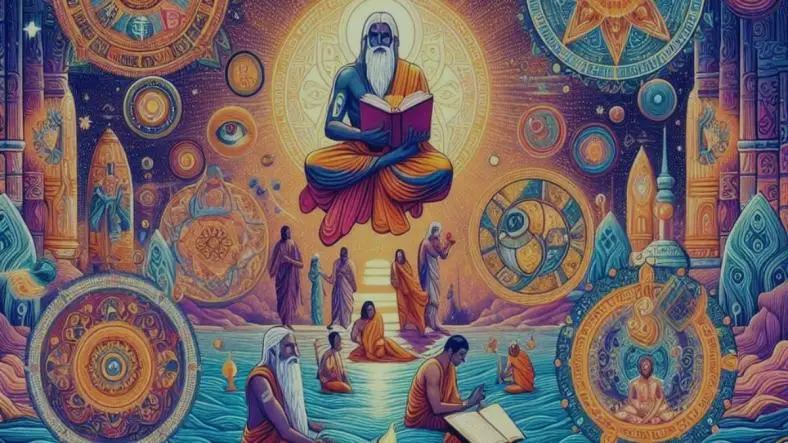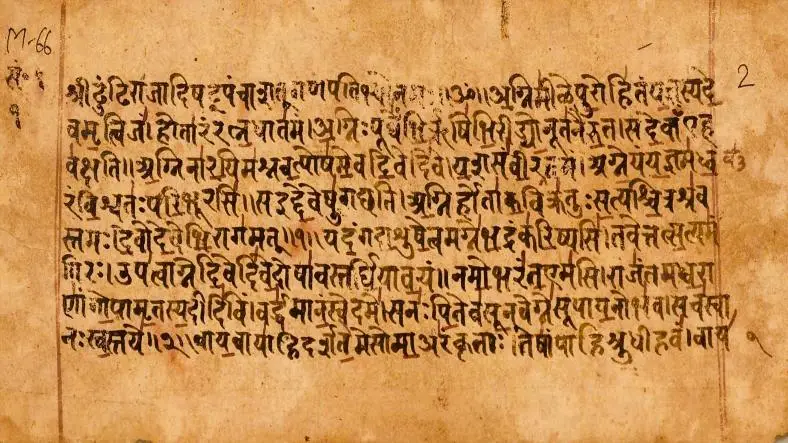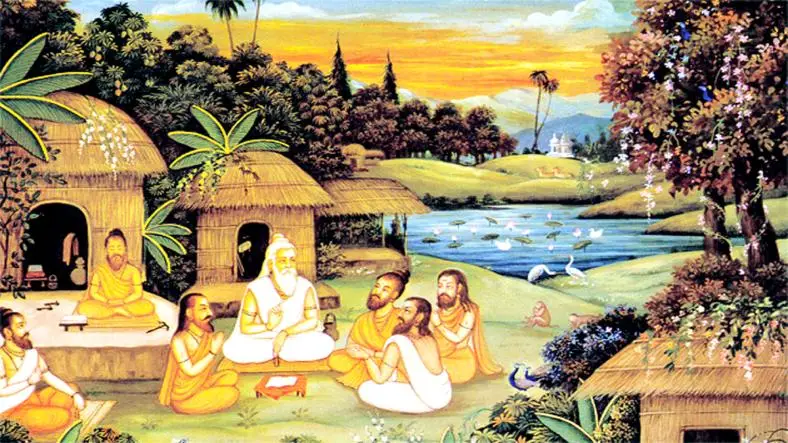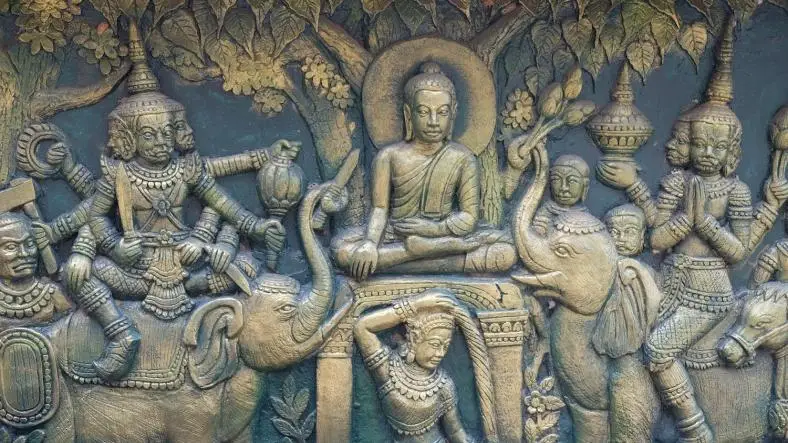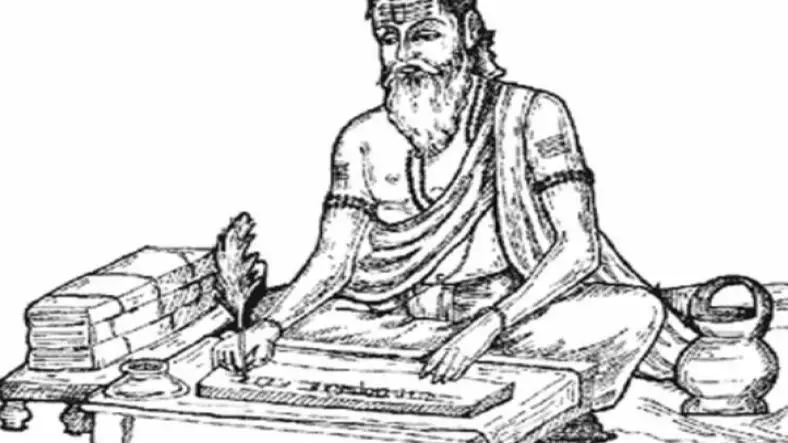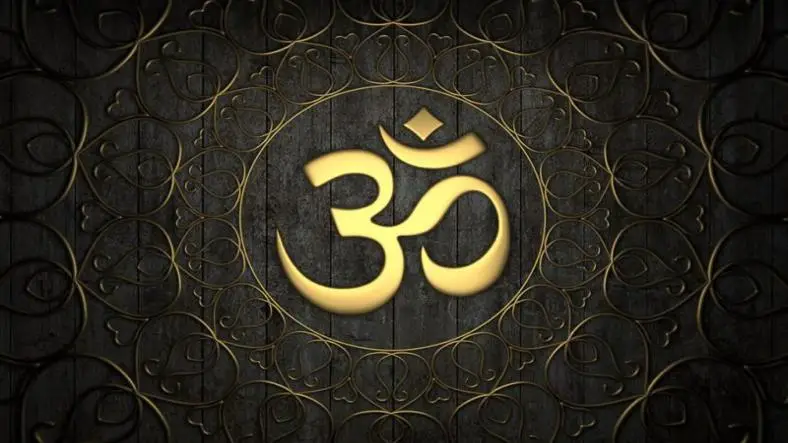Vedas
We didn't find any matches: , check your search and try again
Introduction to the Vedas: The Oldest Sacred Texts of Hinduism
The Vedas are the oldest and most important sacred scriptures of Hinduism. They form the foundation of Vedic tradition, Indian philosophy, and many spiritual practices that continue even today. Written in ancient Sanskrit and preserved for thousands of years, the Vedas offer deep insights into spirituality, rituals, life, and the universe. This article explains the origins, structure, meaning and
The Four Vedas of Hinduism: Origin, Structure, Significance and Their Role in Vedic Tradition
The Vedas are the oldest and most authoritative scriptures of Hinduism. Regarded as the foundation of Vedic knowledge, philosophy and ritual practice, they were composed in early Sanskrit and preserved through oral tradition for thousands of years before being written down. These sacred texts form the backbone of Hindu thought, spirituality and cultural heritage. Traditionally, the Vedas are divi
Dharma in the Vedas: Meaning, Duty & Spiritual Principles
The concept of dharma is central to Hindu philosophy and is rooted in the ancient texts called the Vedas. Dharma is a term that holds many meanings, ranging from the cosmic order of the universe to an individual's personal duties in life. It is a principle that guides people to live righteously, follow moral codes and maintain ethical behavior. Dharma also plays an essential role in shaping th
Role of the Vedas in Hindu Philosophy: Deep Wisdom Unveiled
The Vedas are the oldest sacred texts in Hinduism and have greatly influenced Hindu philosophy. Written in ancient Sanskrit, these texts cover a variety of ideas about philosophy, spirituality and rituals that shape Hindu thought and practice. This article looks at how the Vedas contribute to Hindu philosophy by examining their teachings, their impact on later philosophical schools and their last
Vedic Sanskrit: Language Structure & Linguistic Significance
Vedic Sanskrit is the ancient form of the Sanskrit language used primarily in the Vedic texts, including the four Vedas: the Rigveda, Samaveda, Yajurveda and Atharvaveda. It represents one of the earliest attested stages of the Indo-European language family and holds significant importance in the study of ancient Indian history, linguistics and religious traditions. This article explores the lang
Vedic Hymns & Their Significance: Spiritual Meaning Explained
Vedic hymns, also called "suktas" are important parts of the Vedas, which are ancient scriptures of Hinduism. Written in early Sanskrit, these hymns are not just poems; they represent the spiritual, philosophical and ritual aspects of Vedic traditions. This article looks at the nature of Vedic hymns, how they are composed and their significance in rituals, philosophy and culture. Compo
Vedic Rituals & Sacrifices: Ancient Traditions Explained
Vedic rituals and sacrifices, also called yajnas, are key practices in Vedic religion and Hinduism. They have their roots in ancient Vedic texts and involve elaborate ceremonies intended to honor gods, keep the universe in balance and achieve both spiritual and worldly goals. This article explains what Vedic rituals are, their purposes, how they are performed and why they are important in Vedic tr
Vedic Philosophy: Foundation of Indian Thought
Vedic philosophy is one of the earliest and most influential systems of thought in the world. Its foundations come from the ancient Vedas, which are among the oldest scriptures in human history. These texts, composed between roughly 1500 and 500 BCE, contain some of the earliest ideas about life, the universe, human purpose, morality, and spirituality. Over thousands of years, Vedic teachings have
Importance of the Vedas in Modern Hinduism Explained
The Vedas are the most ancient and sacred scriptures of Hinduism. Composed in early Sanskrit more than 3,000 years ago, they are not just old religious texts but living sources of philosophical, spiritual, and cultural wisdom. Even today, the Vedas continue to shape Hindu beliefs, rituals, values, and identity. Their teachings influence daily practices, temple traditions, and the broader worldview
Comparing the Vedas with Other Ancient Scriptures
The Vedas are among the oldest and most respected religious texts, forming the foundation of Hinduism and influencing Indian culture. However, many other ancient scriptures also played key roles in shaping different civilizations. This article compares the Vedas with texts from Mesopotamia, Egypt, Greece, China, and Israel, highlighting their similarities and differences. Understanding the Vedas
Mantras and Chants: Their Role in Vedic Rituals
Mantras and chants hold a central place in Vedic rituals, embodying the profound spiritual and symbolic dimensions of ancient Hindu practices. These sacred utterances, derived from the Vedic texts, are more than mere sounds; they are considered powerful tools for invoking divine energies, maintaining cosmic order and achieving spiritual goals. This article explores the significance of mantras and
The Vedas and the Development of Yoga
Yoga, a spiritual and physical discipline, has deep roots in the ancient Vedic texts of Hinduism. Originating in the early Vedic period, yoga has evolved significantly over millennia, intertwining with various philosophical and religious traditions. This article explores the connection between the Vedas and the development of yoga, tracing its origins, evolution and enduring significance. Origin
49% OFF
Samsung Galaxy S22 Ultra 5G (Phantom Black, 12GB, 256GB Storage) Without Offer
₹66,999
₹1,31,999
The Historical Context of the Vedas
The Vedas, the sacred texts of ancient Hinduism, are considered some of the oldest religious writings in human history. To fully understand their significance, it is crucial to explore their historical context, the era in which they were composed, the socio-political environment of ancient India and their impact on subsequent cultures and religious practices. Vedic Period The Vedic period, durin
The Vedic Gods and Their Attributes
The Vedic gods, who come from the ancient religious texts called the Vedas, represent different natural forces, cosmic principles and divine qualities. These gods are very important in Vedic rituals, hymns and beliefs, showing a close link between the divine world and nature. This article introduces some major Vedic gods, their characteristics and their roles in Vedic beliefs. Main Vedic Gods an
Cosmology and Creation in the Vedas
The Vedic gods are central to the ancient Indian texts called the Vedas. These deities symbolize natural forces, cosmic laws, and divine qualities. They are deeply connected to rituals and hymns, highlighting the relationship between the divine and the natural world. Here's a breakdown of major Vedic gods, their roles, and their significance: Key Vedic Gods and Their Roles Agni (God of Fire)
